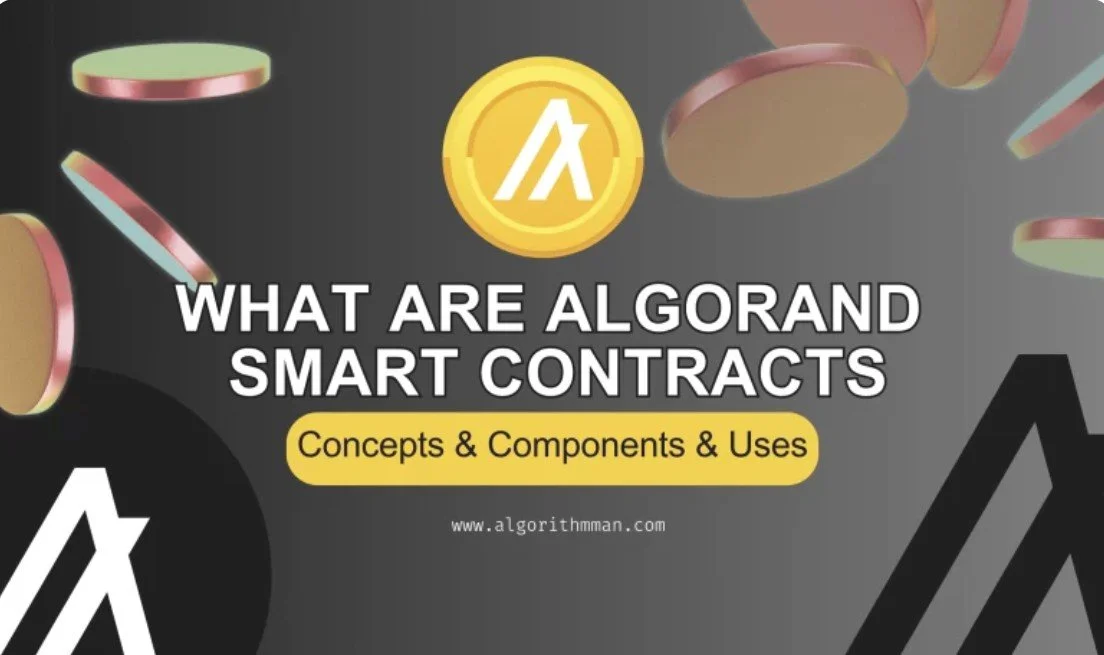Algorand Smart Contracts: Building the Future of Decentralized Applications
The world of blockchain is rapidly evolving, and smart contracts have become a cornerstone of decentralized innovation. While Ethereum often takes the spotlight, Algorand is emerging as a powerful alternative—offering speed, scalability, and efficiency that make its smart contracts especially appealing for businesses and developers alike.
What Are Smart Contracts?
Smart contracts are self-executing agreements written in code, with the terms directly embedded into the blockchain. They automatically execute actions once predefined conditions are met—removing the need for middlemen, reducing costs, and increasing trust in digital transactions.
Why Algorand?
Algorand was designed to overcome the limitations of earlier blockchains like Ethereum and Bitcoin. It provides:
Pure Proof-of-Stake (PPoS): A highly efficient, eco-friendly consensus mechanism.
Fast Finality: Transactions finalize in seconds with no forks.
Low Fees: Consistently low transaction costs compared to other blockchains.
Scalability: Handles thousands of transactions per second, making it enterprise-ready.
These features make Algorand smart contracts (ASC1s) highly reliable for real-world applications.
Algorand Smart Contracts (ASC1s)
Algorand’s smart contracts come in two main forms:
Stateless Smart Contracts (Logic Signatures)
Act like digital signatures with programmable conditions.
Example: Multisig wallets, delegated approvals.
Stateful Smart Contracts
Store values and maintain state across transactions.
Example: Decentralized apps (dApps), lending platforms, token governance.
Algorand smart contracts are written using TEAL (Transaction Execution Approval Language) and can also be developed with higher-level languages like PyTeal (Python-based).
Real-World Use Cases
Decentralized Finance (DeFi): Lending, borrowing, and yield farming.
Asset Tokenization: Real estate, NFTs, and securities.
Payments & Remittances: Fast, low-cost global transfers.
Governance: Voting and decentralized decision-making platforms.
Benefits of Algorand Smart Contracts
Security: Cryptographically verified and resistant to tampering.
Efficiency: Executes in seconds with low energy use.
Accessibility: Easy to integrate using developer-friendly tools.
Interoperability: Works seamlessly with Algorand Standard Assets (ASAs).
Final Thoughts
Algorand smart contracts represent the next step in blockchain’s evolution. With their speed, low cost, and scalability, they’re enabling developers to build powerful decentralized applications across industries—from finance to supply chains.

